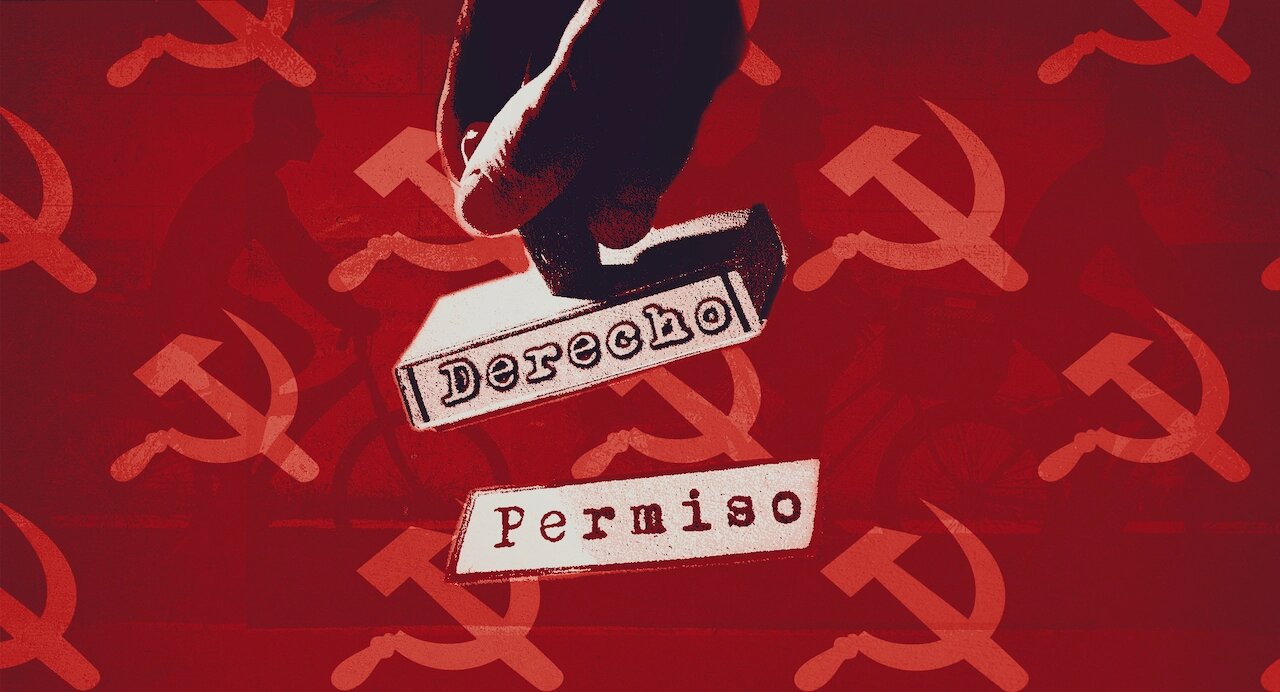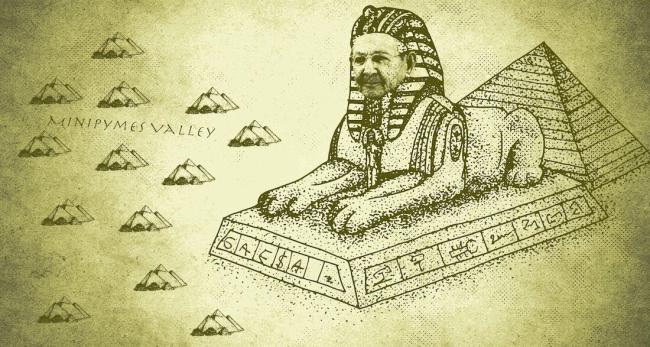In some cases, a long-exercised prerogative that has been permitted is perceived as a right, and may even serve as the basis for a new, previously unrecognized one, through evolutionary institutional change. Other times, the prolonged absence of rights leads to them being plead for, and given thanks for, as if they were something permitted; that is, as if they were something external to the subject, and only enjoyed thanks to a third party's good will and disposition.
One way to distinguish a right from something for which permission is granted is to analyze its origin: it is a right if, and only if, it is an entitlement that corresponds to every human being, if it is inherent to the person. On the other hand, if it is a prerogative that one exercises temporarily, thanks to some external authority over which one has no influence —except through violence— we are dealing with a form of permission.
Rights arise with the person, they are their intrinsic, and only force can prevent their expression; permission, on the other hand, depends on the will of an external authority, which may or may not be legitimate, insofar as its auctoritas proceeds from the voluntary acceptance of the governed, or violent imposition.
Today's enormously complex modern societies use democracy so that individuals, voluntarily and consensually, modulate their own rights in favor of others, with the understanding that one's fellow citizens will do the same, all under an independent justice system charged with harmonizing the divergent interests of each individual within society.
Without democracy and independent justice, there is no right to have rights. Under these conditions, the rights of individuals are subsumed under the authority, backed by force, of a group or person in power, who will grant only that level of permission that it deems expedient to maintain control, and not one bit more, and sometimes far less, because tyranny is not an exact science.
In Cuba there is no democracy or independent justice, so talking about rights is absurd, unless it is to demand them. For the moment, all there is in Cuba is an authority sustained through repression, indoctrination and constituted interests, which grants different forms of permission, depending upon its own needs and agenda, which can always be withdrawn if they cease to serve the perpetuation of the status quo.
It is from this perspective that the current permits granted to create MSMEs, and for emigrants to be able to return and invest, should be viewed. They should not be confused with earned or new rights.
Of course, Castroism is striving to dress up its permits as if they were rights, so that their most important feature goes not noticed: their temporality. Permission, being conceded by an external authority to individuals, and not controlled by the latter, can be wrested away as easily as it is granted.
For businesspeople and investors, the temporariness inherent to permission constitutes a threat, since it is impossible to know when it will be rescinded by a decision that, with total impunity, the authority in power may take, unilaterally. Thus, it is very difficult to calculate the profitability of a given project, especially if it is a long-term one requiring a large initial investment that it takes time to amortize.
Under permits, rather than rights, businesspeople only undertake those projects that they estimate will provide them with quick returns covering their initial investments, and these projects are usually associated with activities very close to consumption within production chains, which concentrates investments in sectors featuring low capitalization, and dependent on imports, thus sowing the poisoned seed of an unbalanced economy.
And, under these conditions, entrepreneurs tend to cling to those in power, in search of security and to find out in advance which way the winds are blowing. Thus, where there is permission, and no rights, corruption spreads.
So, although Castroism would have people believe that its MSMEs permits are rights, in order to generate certainty about the future, and in the hope that many will believe that there are now property rights and business freedom in Cuba, it has not done the only thing that would make a real difference in this regard: take concrete steps towards a democratic society with room for everyone, protected by a justice system that can be trusted to safeguard all individual rights. Has anyone seen any changes in that direction?

